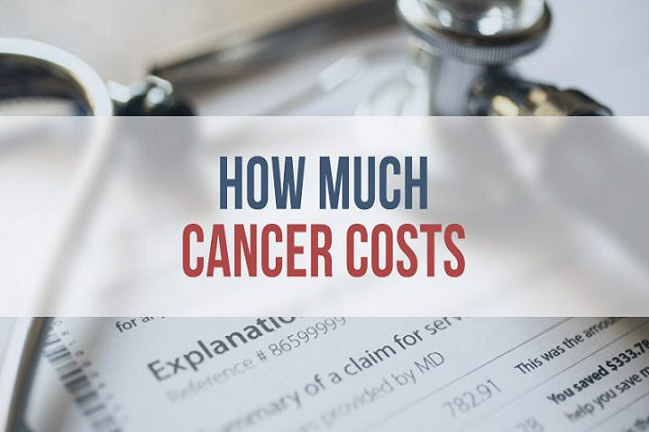According to a July 2011 paper by the Indian Statistical Institute, the average cost of cancer care per patient in a government hospital (the All India Institute of Medical Sciences in New Delhi) amounted to Rs 36,812. And reports suggested that in private hospitals, the cost of cancer treatment ranged between Rs 2 to 8 lakhs.
As of 2015, this cost jumped to between Rs. 2.5 lakhs for a six month treatment with the cheapest generics to Rs. 25 lakhs and more for extensive treatment. Some breast cancer patients, for example, need targeted treatment drugs, which cost around Rs 75,000 for a course; a patient could need up to 17 courses. Similarly, a drug called Avastin – used to treat colon, kidney, lung and gall bladder cancer – can add around Rs 8 lakh to a patient’s bill at around Rs 1 lakh a cycle. ‘Hotspot’ drugs are now used for cancers with detectable and actionable mutations for example Dasatinib, Crizotinib, Osimertinib, Levatinib etc can cost upto 1 lakh rupees per month and need to be taken for indefinite periods. CAR T cell therapy for acute leukaemia costs 360,000 USD per treatment. Immunotherapies like Keytruda fur lung and colon cancer costs Rs. 3 lakhs per dose.
Additionally, procedures cost a fortune because hospitals have to pay a fortune for imported equipment. For example, a linear accelerator, which is used for radiation therapy, costs around Rs 10 crore, plus an import duty of around Rs 1 crore. Similarly, a PET CT scan machine, used to pinpoint the location of cancers, is anywhere between Rs 3 crore and Rs 6 crore. The costliest is a CyberKnife used for radiotherapy which costs around Rs 30 crore.
The cost to treat cancer in India might be cheaper than most developed nations, but it still is heartbreakingly expensive for the average Indian. And the exponential increase in cost that we have seen over the years is set to continue, with statistical analysis showing treatment in 2020 costing anything between 10 lakhs to 50 lakhs and more. Given the state of the middle class in this country and the rising cancer incidence, these costs could potentially bankrupt a large part of our population, driving them below the poverty line.



